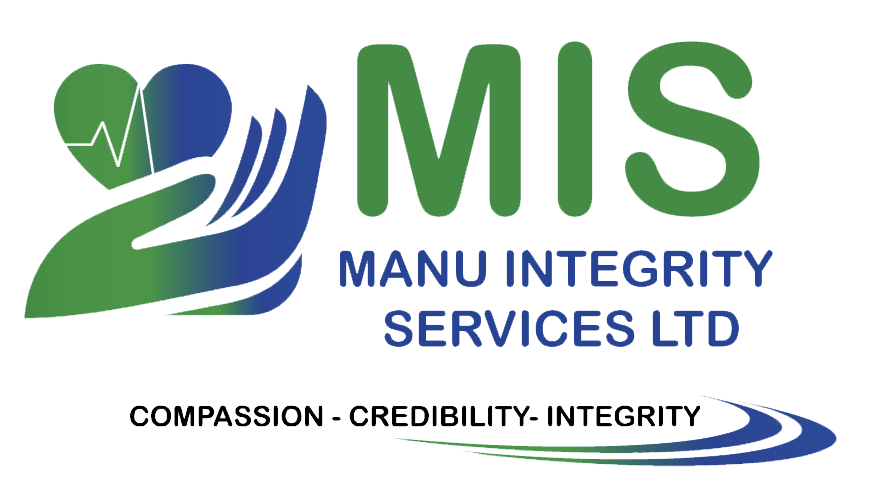Peg Feed
Peg feed care can improve the nutritional intake, reduce the risk of aspiration pneumonia and promote a better quality of life for patients who have difficulty swallowing orally.
admin@manuintegrityservices.co.uk
0114 265 0342
58 & 58a Birley Moor Road, Sheffield, S12 4WD

Peg feed care can improve the nutritional intake, reduce the risk of aspiration pneumonia and promote a better quality of life for patients who have difficulty swallowing orally.
Peg feed care, also known as percutaneous endoscopic gastrostomy (PEG) care, is a medical procedure that involves the insertion of a feeding tube directly into the stomach through the abdominal wall. This type of feeding is commonly used for people who are unable to eat or swallow food normally due to medical conditions or disabilities.
Caring for a PEG tube involves several important steps. The site around the tube must be cleaned daily with soap and water to prevent infection. It is also important to flush the tube with water before and after each feeding to prevent blockages. The feeding solution itself must be prepared, measured, and administered correctly according to doctor’s orders.
Tube Placement: The first task in caring for a patient with a feeding tube is to properly place the peg tube. This involves checking the tube’s placement by measuring the distance from the entry point to the stomach and ensuring that it is at the correct angle.
Tube Cleaning: The feeding tube needs to be cleaned regularly to avoid any infection and ensure proper functioning. Our caregivers will ensure that all the feeding equipment is clean and sterilized, so there are no complications
Feeding: Our caregiver will then need to prepare and administer the feed as prescribed. This might include mixing special feeding solutions and then either pouring them into the feeding bag or syringing them into the feeding tube. Caregivers need to ensure that the feed is administered at the right time, and in the right quantity.
Replacing Feeding Tube: At times, the feeding tube may become clogged or damaged. When this happens, the caregiver needs to replace the tube immediately to ensure that no complications arise.
Monitoring and Recording: Our specialist caregivers will monitor the patient’s condition and record vital signs, including the frequency and quality of bowel movements.
Our team of professionals is ready to assist you with any questions you may have.
Call our team on 0114 265 0342 and we will get back to you as soon as possible.
A member from (MIS) will visit you to discuss your needs and assess what type of care you need.
Make your preferences and needs known. We match caregivers based on your preferences.
Your matched caregiver will deliver care on the start date agreed.